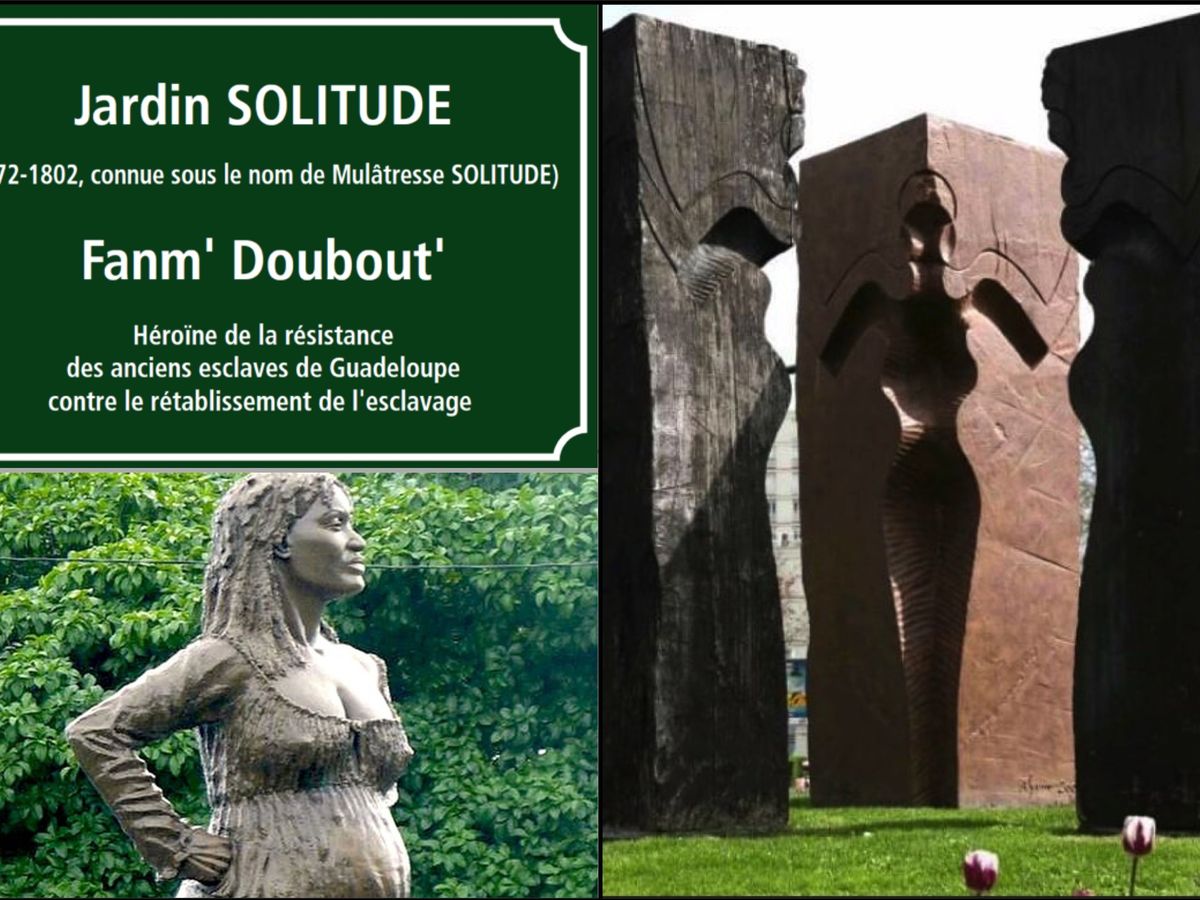Live free or die: who is Mulatto Solitude?
A warrior woman who led a slave revolt while she was 8 months pregnant in Guadeloupe in 1802. Her last words before her execution: "Live free or die!".

Born as a result of the rape of an African captive, Mulatto earned the nickname Mulatto Solitude due to her fair skin.
Historian Auguste Lacour, in his work titled “Histoire de la Guadeloupe”, tells us about the French colony of Guadeloupe and what happened at that time.
In 1802, French soldier and politician (not yet king) Napoleon Bonaparte sent General Antoine Richepance to Guadeloupe, an island in the Caribbean, to restore the slavery system that had been abolished by Victor Hugues eight years earlier on June 7, 1794, and not lose his colony. sent.
La Mulâtresse Solitude (circa 1772 – 1802) was a historical figure and heroine in the fight against slavery on French Guadeloupe. She has been the subject of legends and a symbol of women's resistance in the struggle against slavery in the history of the island. Though little is recorded about the Guadeloupean woman Solitude, she is highly regarded as a figure that helped lead the insurrection culminating in the battle of Matouba against the reinstating of slavery in Guadeloupe in 1802.
Appointed as Captain-General, Antoine Richepance's job was to ensure the disarming of 3,500 black men with arms (spears and sharp weapons) and the deportation of rebel officers, leading to the restoration of discipline among former slaves. And as soon as he arrived, he had black men rounded up and destroyed any material that could be considered dangerous. He put some of them on ships and sent them to France.
Battalion Chief Ignace, who could not stand the ill-treatment any longer, led an uprising with his officers, Palerme Massoteau.
ICON OF THE RESISTANCE: SOLITUDE
Mulatto Solitude, a fat woman whose husband was taken by ship as a slave by French soldiers, had a great share in the organization of the uprising.
Solitude, who was 8 months pregnant during the rebellion, was not limited to propaganda. She fought against the French troops with her organized people. She has become a symbol of resistance.
THE PROCESS OF SOLITUDE GOING TO THE EXECUTION
This fierce war, where the conditions were not equal, lasted 18 days. As expected, Richepance and his 4000 accompanying people managed to defeat the rebels, whose number did not exceed 1000 and suppressed the rebellion. While battalion chief Ignace and several of his troops were hiding in a house in Matouba, the French blew up the house. Although Ignace escaped this attack, he realized that he was about to be taken prisoner and committed suicide. Solitude, on the other hand, did not abandon her comrades who fought alongside her and surrendered with her comrades on May 23, 1802. She was executed one day after birth, on November 29, 1802.
These were Solitude's last words before she died. “Live free or die!”. A statue was erected in her memory in Guadeloupe. Solitude has been a source of inspiration and a symbolic personality for many women, especially Caribbean women.
